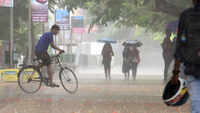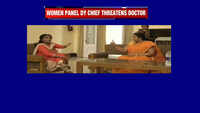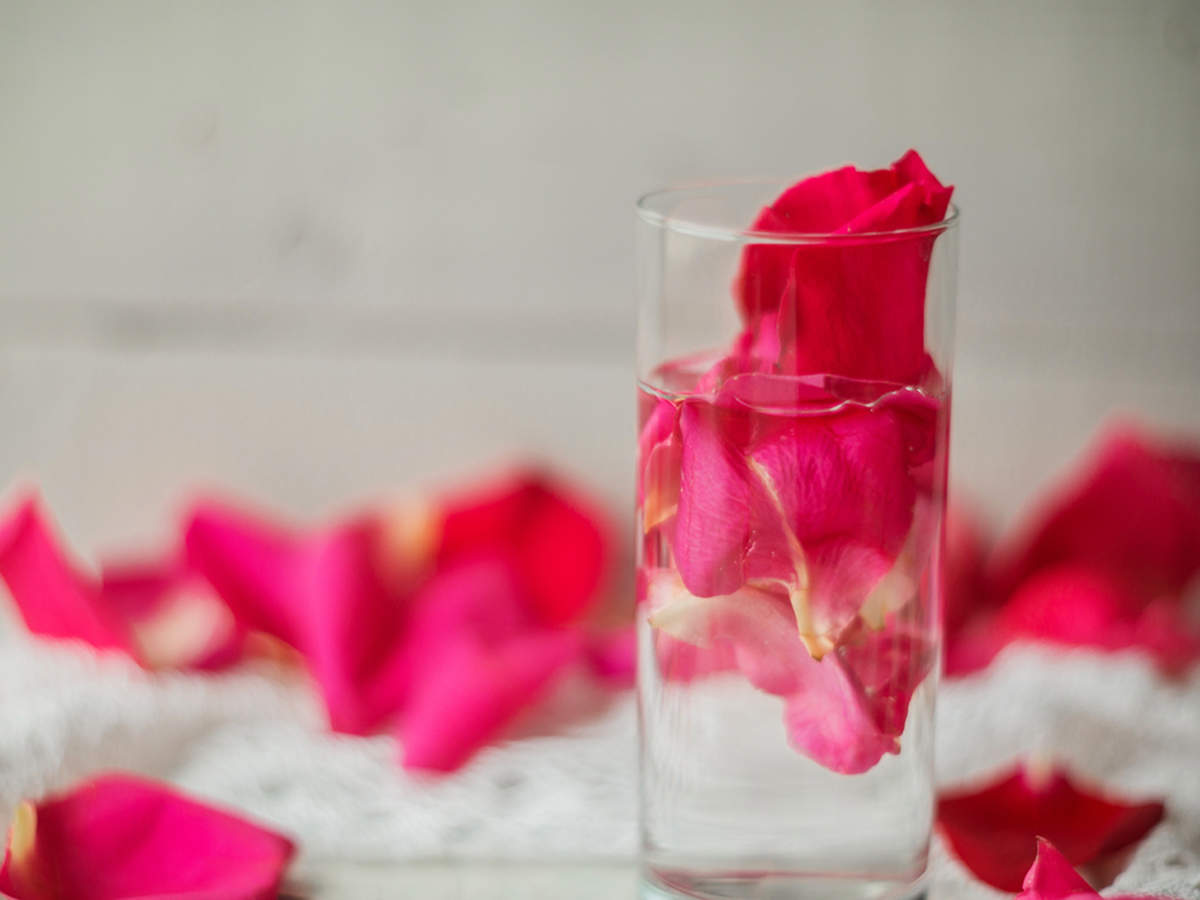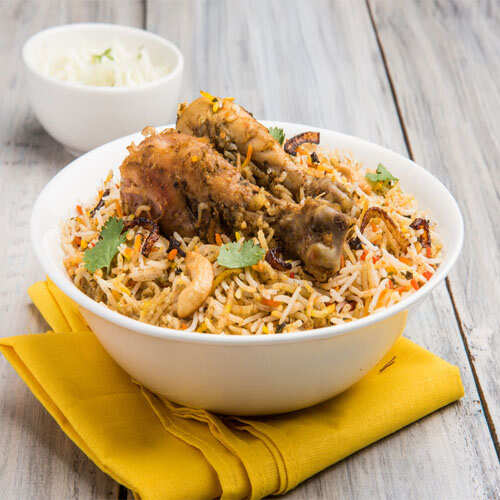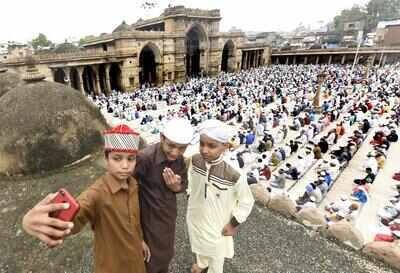
Nagpur: Once the holy month of Ramzan comes to a close, Muslims all over the world will begin celebrating Eid Al-Fits with utmost zeal and enthusiasm. The fragrance of sweet and savoury delicacies, heena on hands of women, and decorated houses is a sight to behold in any Muslim household.
Sunni Muslims await the moon to grace the sky called as ‘Chaand Raat’ to celebrate Ramzan and end their fasts followed by reading the ‘Eid ki Namaz’. “The power of the moon is a significant factor among Sunni Muslims. We hope for clear skies to give us a sight of the moon which indicates the time to wear our best clothes and begin the dawaat. The wait to catch a glimpse of the moon is long but worth it,” says Dr Saleha Siddique, who is looking forward to feast on some Sheer khurma.
Muslims recite ‘Allahu akbar’, which means God is great and exchange hugs of love and warmth by wishing their fellow brethren ‘Eid Mubarak’.
“Eid is the best time of the year to wear those Shararras, pathani kurtas, and traditional jewellery that often don’t make their way out of the wardrobe for years. But I don’t forget to add new pieces of attire and spend heavily on Eid shopping,” says Dr Sumera Siddique.
A Bohra Muslim adheres to the tradition of Shia Muslim and celebrates the festival of Eid two days before. A Dawoodi Bohra stands out due to their culture and food habits. The community’s dinning concept which centres around a thaal (a large steel plate) with seven members or more sharing a meal has caught the fancy of many. The business class Bohras love to take everything with a pinch of salt, literally, they start their meal by serving some salt and then comes the time for all desserts like kheer and dry fruits.
A thaal offers a variety of dishes to choose from and it also allows mingling and sharing with fellow relatives and friends, and one has to interestingly finish everything from the thaal.
“We celebrate by feasting on Lachcha or Sivayyan, and meeting our relatives in Nagpur after reading the Eid ki Namaz,” said student Mujjamil Siddique, who resides in Tajbagh. The little ones get a token of love in the form of Eidi. They also distribute fitrana as a form of charity and often visit the graveyard to pray for the departed souls. The houses are lit up and cleaned for the guests to arrive and feast on delicacies. It is common to have Iftaar parties for guests who include friends and well-wishers from other communities. The guests get a taste of the community’s sweets and savouries.
Sunni Muslims await the moon to grace the sky called as ‘Chaand Raat’ to celebrate Ramzan and end their fasts followed by reading the ‘Eid ki Namaz’. “The power of the moon is a significant factor among Sunni Muslims. We hope for clear skies to give us a sight of the moon which indicates the time to wear our best clothes and begin the dawaat. The wait to catch a glimpse of the moon is long but worth it,” says Dr Saleha Siddique, who is looking forward to feast on some Sheer khurma.
Muslims recite ‘Allahu akbar’, which means God is great and exchange hugs of love and warmth by wishing their fellow brethren ‘Eid Mubarak’.
“Eid is the best time of the year to wear those Shararras, pathani kurtas, and traditional jewellery that often don’t make their way out of the wardrobe for years. But I don’t forget to add new pieces of attire and spend heavily on Eid shopping,” says Dr Sumera Siddique.
A Bohra Muslim adheres to the tradition of Shia Muslim and celebrates the festival of Eid two days before. A Dawoodi Bohra stands out due to their culture and food habits. The community’s dinning concept which centres around a thaal (a large steel plate) with seven members or more sharing a meal has caught the fancy of many. The business class Bohras love to take everything with a pinch of salt, literally, they start their meal by serving some salt and then comes the time for all desserts like kheer and dry fruits.
A thaal offers a variety of dishes to choose from and it also allows mingling and sharing with fellow relatives and friends, and one has to interestingly finish everything from the thaal.
“We celebrate by feasting on Lachcha or Sivayyan, and meeting our relatives in Nagpur after reading the Eid ki Namaz,” said student Mujjamil Siddique, who resides in Tajbagh. The little ones get a token of love in the form of Eidi. They also distribute fitrana as a form of charity and often visit the graveyard to pray for the departed souls. The houses are lit up and cleaned for the guests to arrive and feast on delicacies. It is common to have Iftaar parties for guests who include friends and well-wishers from other communities. The guests get a taste of the community’s sweets and savouries.
World Cup 2019
Trending Topics
LATEST VIDEOS
More from TOI
Navbharat Times
Featured Today in Travel
Quick Links
Lok Sabha Election Schedule 2019Lok Sabha Election NewsDelhi Capitals teamMI team 2019Rajasthan Royals 2019RCB team 2019Maharashtra Lok Sabha ConstituenciesBJP Candidate ListBJP List 2019 TamilnaduShiv Sena List 2019AP BJP List 2019Mamata BanerjeeBJP List 2019 MaharashtraPriyanka GandhiBJP List 2019 KarnatakaAMMK Candidate List 2019BJP List 2019 WBLok Sabha Elections in Tamil NaduBSP List 2019 UPNews in TamilLok Sabha Poll 2019Satta Matka 2018PM ModiMahagathbandhanNagpur BJP Candidate ListChandrababu NaiduTamil Nadu ElectionsUrmila MatondkarNews in TeluguMadras High CourtTejashwi YadavArvind KejriwalTejasvi SuryaPawan KalyanArvind KejriwalYogi AdityanathJaya PradaSatta King 2019Srinagar encounter
Get the app
